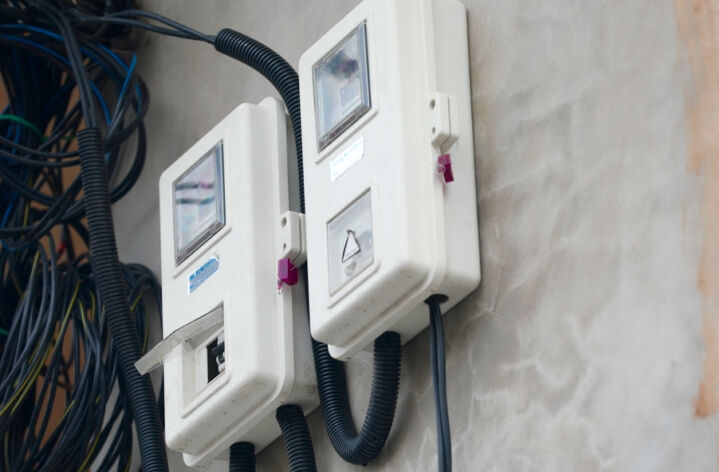Ali Ahmad, general manager Transmission Company of Nigeria (TCN) made this known at the National Institute of Physics’ webinar series penultimate Thursday titled “Policy, Regulatory and Technical Constraints in Achieving Energy Security in Nigeria: The Way Forward”.
He said out of an estimated population of 230 million, only 13,112,134 Nigerians are officially registered to use electricity, of this figure only 44.23 percent of the 13.11 million customers have meters, highlighting the limited reach of metering in the country.
He also said with 230 million population, only 2.52 percent have been metered.
The GM said the meter bypass is contributing to the nation’s energy poverty, as the country is energy-poor and deficient in energy security.
According to Ahmad, energy security means having a reliable and affordable energy source, while energy poverty refers to the lack of access to good quality, affordable, and reliable energy.
“For a country to be truly independent politically and economically in the 21st century, he said, is to have energy sovereignty and energy independence, and for the sovereignty and independence to be secured at all times and to be backed by the relevant geopolitics”. .
Ahmad said Nigeria’s energy vulnerability is rooted in multiple factors, such as heavy reliance on gas, which limits diversification, and insufficient production capacity, leading to dependence on imports, and unreliable and high-cost gas supply, that further hinders energy security.

